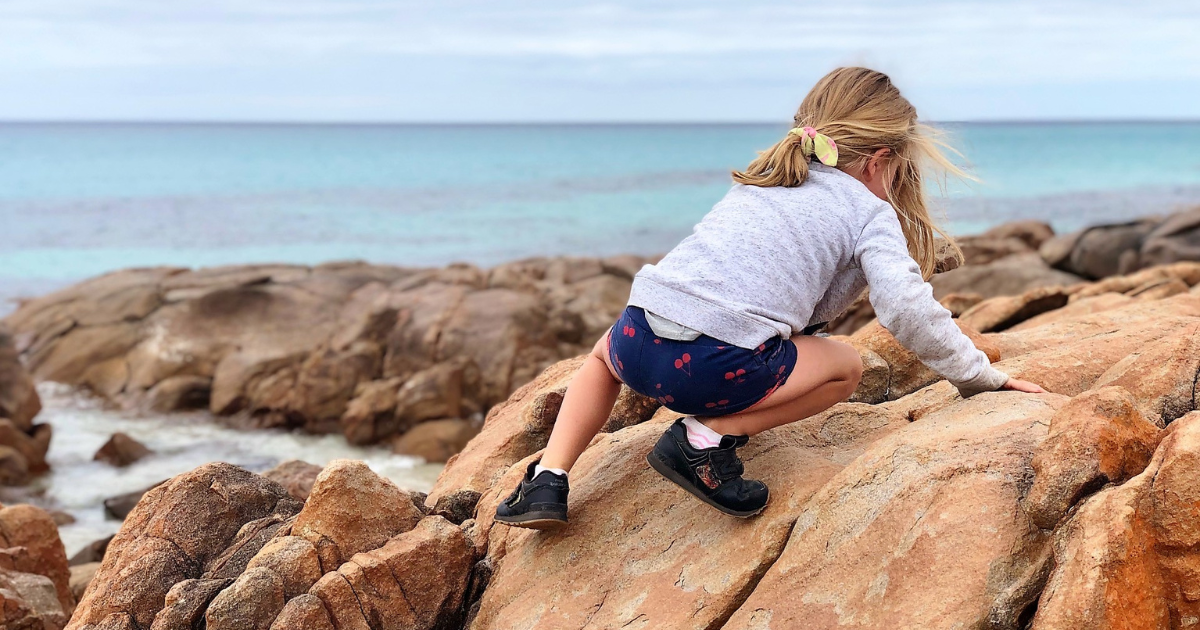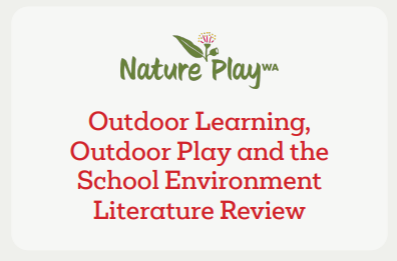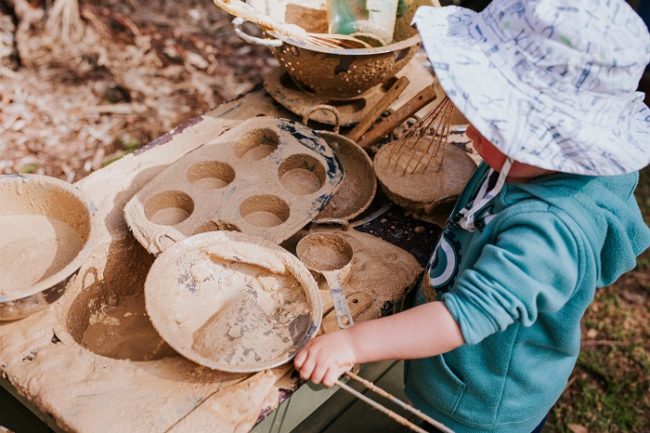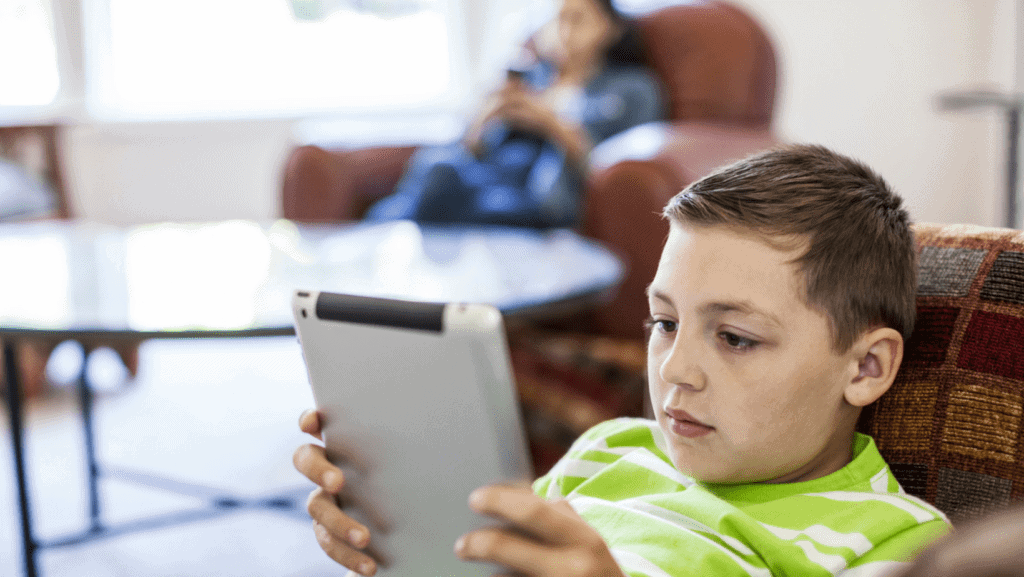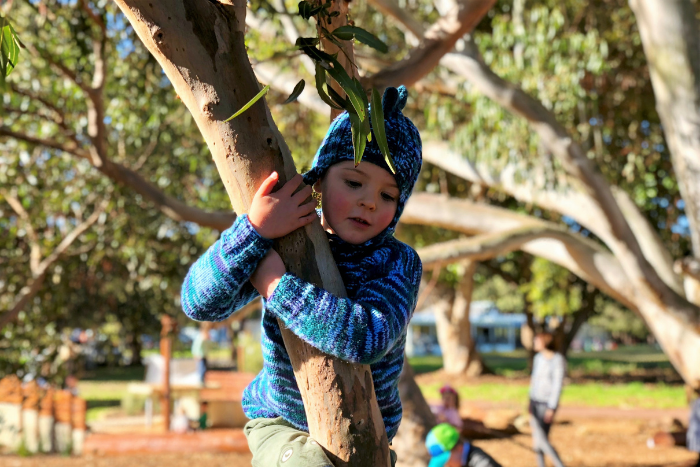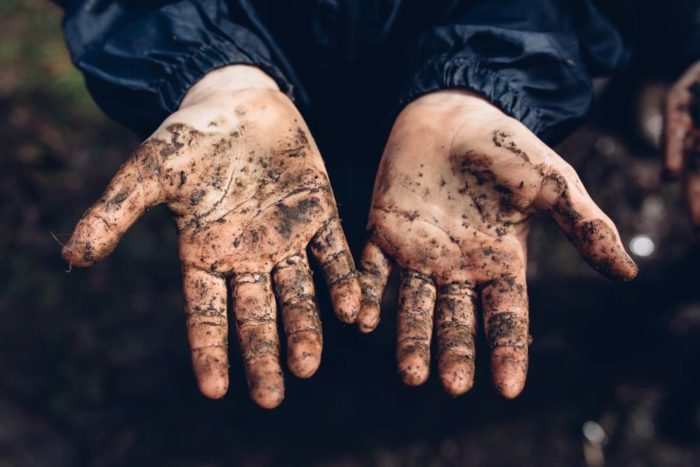Playing it safe: The relationship between parent attitudes to risk and injury, and children’s adventurous play and physical activity
This study aimed to investigate the relationship between parent attitudes to risk and injury, and their elementary school-aged child’s daily adventurous play.

